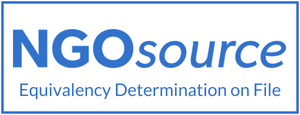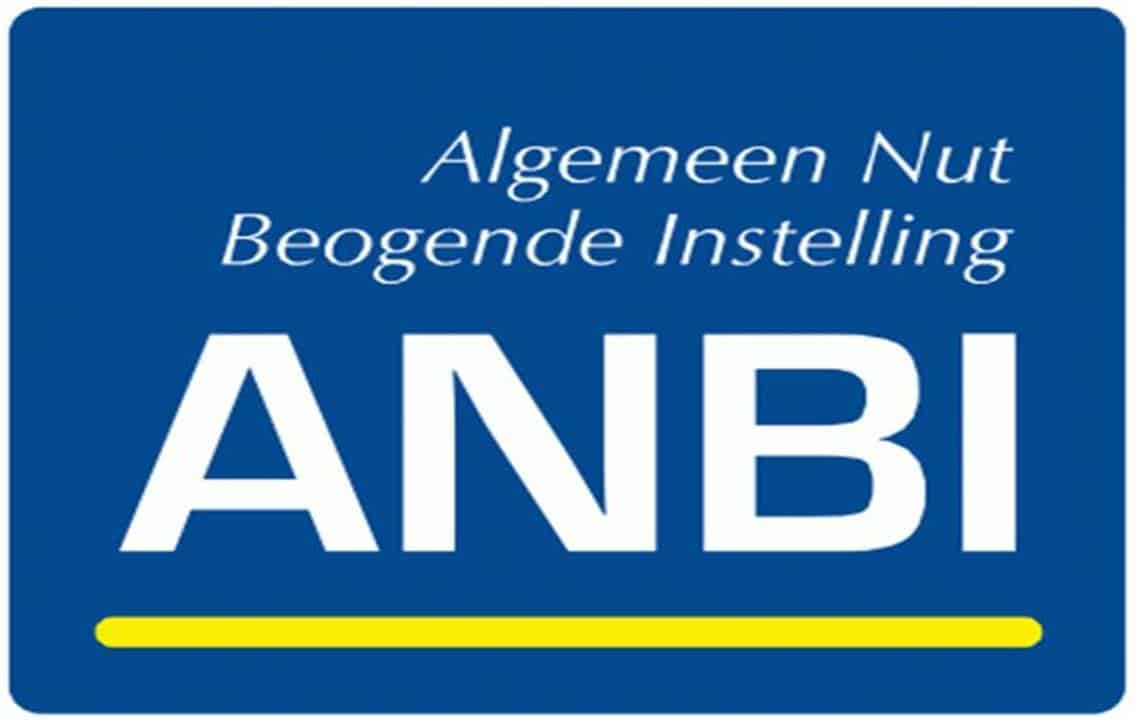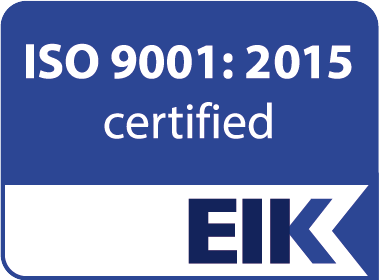
In recent years, nonprofit organizations (NPOs) around the world have faced operational and legal restrictions due to countering the financing of terrorism (CFT) and anti-money-laundering (AML) rules and regulations. For example, banks have blocked or closed accounts of organizations working in and on conflict zones; laws have been enacted to restrict foreign funding or to introduce burdensome governance and audit requirements; and the right to associate and speak out in public has been limited. This has had a negative effect on NPOs’ abilities to implement activities and protect the needs of beneficiaries, especially in crisis or conflict areas.
Global NPO Coalition on FATF
- Revision of Recommendation 8 and its Interpretive Note in 2023 to further clarify its objective (countries need to protect NPOs from TF abuse without disrupting and discouraging legitimate charitable activity) and scope (the standard applies to only a subset of the sector). It also emphasizes the role of sectoral self-regulation in mitigating risk, and the need for risk assessments to be evidence based. The revision makes clear that NPOs should NOT be obliged or reporting entities. This follows the earlier 2016 revision of the Standard which retracted the claim that the NPO sector is ‘particularly vulnerable’ to terrorism financing abuse.
- In-depth revision of the Best Practices Paper on the implementation of Recommendation 8 in 2023, which now also includes bad practices (so what countries should NOT do).
- Setting up of the FATF Unintended Consequences workstream in 2021 looking at de-risking, financial exclusion, NPO suppression, and the impact of a misapplication of the FATF Standards on human rights and due process.This, and the changes that followed in 2023, came about largely because of sustained advocacy and pressure on the FATF by the Global Coalition membership.
- Creation of a specific online mechanism on the FATF website for NPO input ahead of country evaluations (see FAQ page on FATF website 'How can NPOs and civil society organisations provide input into FATF Mutual Evaluations?').
- Formalization of the risk-based approach, which means a more proportionate and context-specific implementation of the FATF standards.
- Establishment of regular engagement between the FATF Secretariat and NPOs, which allows for more effective NPO participation.
- Awareness-raising, coalition-building and advocacy at the global, regional and national levels.
FATF Work at National, Regional & Global levels
HSC is currently involved in a number of projects at the national level on various parts of the FATF process, including awareness-raising, facilitated dialogue and risk assessments. It also works at the regional level with the FATF-Style Regional Bodies on raising awareness and building capacity.
De-risking or Financial Exclusion
An important stream of work for HSC is the one around financial access for NPOs. NPOs around the world today are being impacted on an unprecedented scale by issues of financial access – inordinate delays in cash transfers, onerous due-diligence requirements, inability to open bank accounts and arbitrary closure of bank accounts – collectively classed as ‘de-risking’ activities by financial institutions. HSC works on determining the drivers of this and on then addressing the causes, positing and working on solutions at both the technical/practical and the systemic/policy levels.






